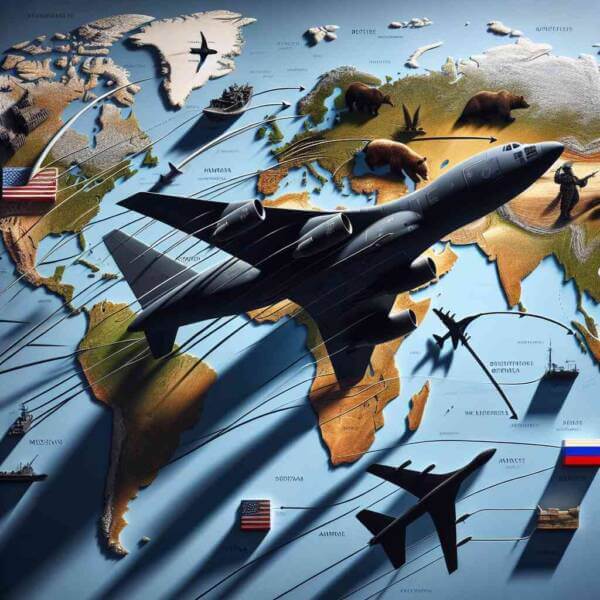Complete Guide About Military Aviation
Complete Guide About Military Aviation
Blog Article

Since its beginnings in the early 20th century, military aviation has become a key component of military power.
Today, military aviation encompasses a wide range of missions, from fighter jets and bombers to surveillance drones and transport planes.
How Military Aviation Began
As technology advanced, airplanes were adapted for combat, changing the nature of warfare forever.
Key developments over time:
- First use of armed aircraft in combat
- Massive growth in air power
- Rapid development of jet technology
- Remote operations changing the face of conflict
Each era brought innovative strategies that redefined military capabilities.
Main Categories of Military Aviation
Military aviation includes a variety of aircraft, each designed for different roles.
Types of planes used in military aviation:
- Aircraft designed for air-to-air combat
- Bombers
- Transport aircraft
- Eyes in the sky for modern armies
Each type plays a key part in military operations, from striking enemy targets.
Importance of Air Superiority
Air superiority is crucial for achieving military success.
How controlling the air impacts battles:
- Protecting ground forces
- Cutting off enemy resources
- Surveillance and reconnaissance missions
- Demonstrating power and deterrence
Nations with strong military aviation capabilities can control conflicts.
The Next Generation of Military Aircraft
Constant research and development push boundaries for future warfare.
Future technologies in military aviation:
- Stealth technology
- Ultra-fast strike capabilities
- Unmanned aircraft operating independently
- Directed energy weapons
These advancements enhance lethality for air forces worldwide.
Challenges in Military Aviation
Despite technological superiority, military aviation faces complex problems.
Pressing issues in military aviation:
- Rising development and maintenance costs
- get more info Short life cycles for cutting-edge aircraft
- Cybersecurity threats
- Questions about accountability and control
Addressing these challenges is essential for maintaining air power.
Where Military Aviation is Heading
The future of military aviation promises an era of transformation.
Expected advancements:
- Autonomous mission planning
- Space as the next battlefield
- Reducing environmental impacts of defense operations
- Enhanced multinational cooperation
The next era of military aviation will revolutionize how wars are fought.
The Enduring Power of Military Air Forces
Military aviation remains a decisive factor in global defense.
As technology continues to evolve, the skies will remain a frontline of innovation where military aviation shapes the world order.
The future of military aviation is limitless — and it’s only just beginning. Report this page